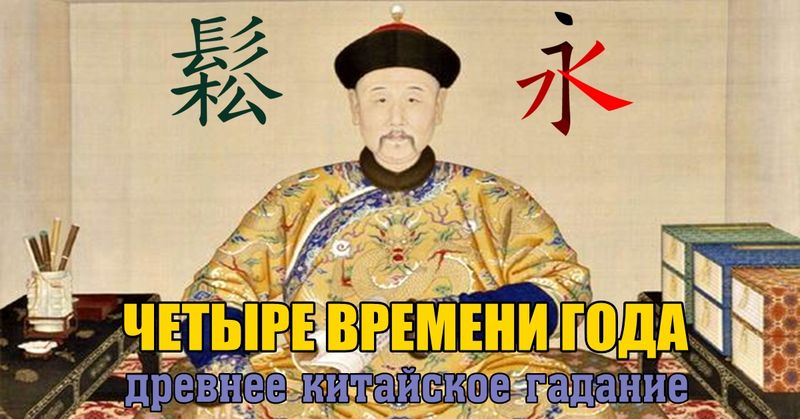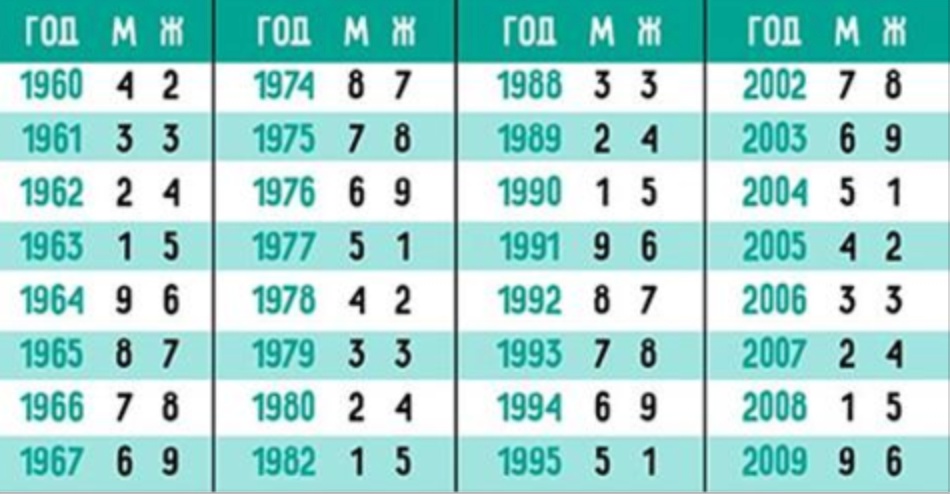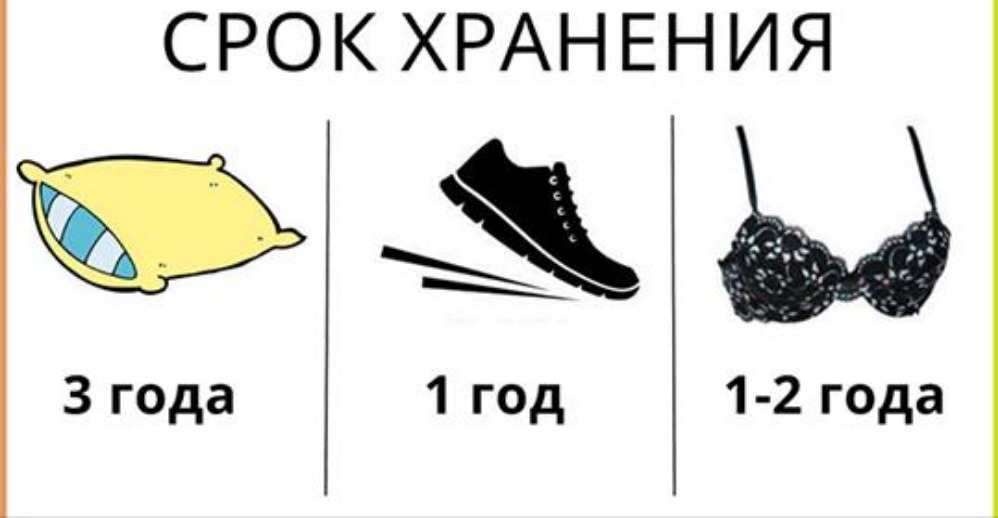With Ms. Thornton’s help, I established a modest foundation focused on providing financial literacy education to young adults. I partnered with local community colleges to offer workshops on budgeting, understanding credit, and basic investing principles, all the knowledge I had struggled to acquire on my own. I also made anonymous donations to causes I cared about, a shelter for domestic violence survivors, the public library that had been my sanctuary growing up, and a scholarship fund for first-generation college students.
These acts of giving brought me more satisfaction than any luxury purchase could have. I wasn’t just changing my own life, I was creating ripple effects that might change others’ lives too. Rachel remained my steadfast supporter through all of these transitions.
When I confessed my guilt about not helping Brooke despite having the means to do so, she provided a valuable perspective. Your sister doesn’t need a bailout. She needs to learn consequences, Rachel pointed out.
If you step in now, you’re just replacing your parents as her safety net. Nothing will change. I know you’re right, I sighed, but I still feel this nagging guilt.
That’s because you’re a good person, Rachel said firmly. But being a good person doesn’t mean being a doormat. You can be generous without being exploited.
About three months after the burning incident, I received an unexpected email from Brooke. Unlike her previous messages, this one seemed more reflective. I’ve been doing a lot of thinking about everything that happened.
I realize now how entitled I must have seemed about your lottery win. The truth is, I was desperate. My business was failing and I was too proud to admit it.
That doesn’t excuse my behavior or mom and dad’s, but I wanted you to know that I understand better now why you reacted the way you did. I miss my sister. I read the email several times trying to gauge its sincerity.
Was this a genuine moment of growth for Brooke or another manipulation tactic now that her financial situation had deteriorated? After careful consideration, I replied with a brief but not unkind message. Thank you for your email, Brooke. I appreciate your reflection on what happened.
I’m still processing everything and need more time before considering any kind of reconciliation. I hope you’re finding your way forward. Her response came quickly.
I understand. For what it’s worth, I’ve finally taken a regular job assistant manager at Riverside Cafe. It’s not glamorous, but it’s stable.
Take all the time you need. I’ll be here when slash if you’re ready. This small evidence of Brooke taking responsibility for her own financial situation was the first positive sign I’d seen.
While I wasn’t ready to fully reconnect, it left me open to the possibility that genuine change might be possible. Eventually, as my new life took shape, I found myself experiencing a profound sense of peace. My days were filled with meaningful work through my foundation, enjoyable hobbies I’d never had time for before, and genuine connections with friends and the extended family members who respected my boundaries.
The wealth hadn’t changed who I was at my core. I still shop sales and felt a twinge of guilt when splurging on expensive items, but it had removed the constant background anxiety about money that had been my companion for so long. More importantly, it had catalyzed a necessary transformation in how I viewed myself and my relationships.
One evening, as Rachel and I enjoyed dinner on my new patio, she raised her glass in a toast. To the unexpected silver lining, she said. Without the lottery, you might never have seen your family so clearly or found the strength to prioritize yourself.
I clinked my glass against hers, reflecting on the truth of her words. Sometimes the greatest gift isn’t the money itself, I replied, but what it reveals about the people around you and about yourself. One year after the lottery, when that changed everything, I stood in the doorway of my home office, surveying the space I’d created for myself.
Large windows overlooked a garden that was just beginning to bloom with spring flowers. The walls were lined with bookshelves containing volumes I’d always wanted to read but never had time for. My desk, a beautiful antique I’d carefully restored myself, held a laptop and a neat stack of documents related to my foundation’s latest financial literacy program.
This room, like my new life, was entirely of my own making. Every element reflected my choices, my values, my vision, not those imposed by family expectations or financial limitations. It was a physical manifestation of the internal journey I’d undertaken over the past year.
The path to healing hadn’t been straightforward. There were days when I questioned my decisions, when the weight of family estrangement felt heavier than the relief of boundaries. There were nights when I dreamed about reconciliation scenarios, waking with a confused mixture of longing and resolve.
My therapist, another investment in myself I’d made after the lottery, had helped me navigate these complex emotions. Healing isn’t linear, she often reminded me. And establishing healthy boundaries with family doesn’t mean you’ve stopped loving them.
It means you’ve started loving yourself. That perspective had been crucial as I cautiously began reconnecting with certain family members. Aunt Helen remained a steady presence, providing updates about my parents and Brooke without pressure or judgment.
Through her, I learned that my parents had finally paid off the refinanced mortgage thanks to my father postponing retirement and taking on consulting work. Brooke, meanwhile, had maintained her job at the cafe and even received a promotion to manager. According to Aunt Helen, she had also joined a financial management group and was slowly working to repair her credit.
These positive developments had eventually led me to accept an invitation to meet Brooke for coffee about eight months after our estrangement began. We chose a neutral location, a quiet cafe halfway between our respective homes. The initial awkwardness had been palpable as we settled at a corner table, each of us careful with our words.
You look good, Brooke had said, studying me. Happy? I am, I confirmed. And you? Aunt Helen mentioned you’re doing well at the cafe.
A flash of the old Brooke appeared a slight wince at the mention of her service industry job, but it quickly passed. It’s been a learning experience, she admitted. Not what I envisioned for myself, but I’m good at it, surprisingly.
We talked carefully around the edges of the past at first, focusing on present circumstances and neutral topics. But eventually, we had to address the elephant in the room. I’m sorry, Brooke said suddenly, interrupting a safe conversation about a new restaurant in town.
Not just for what happened with mom and dad in the check. For everything. For always expecting to be bailed out.
For never considering what you might need. The sincerity in her voice caught me off guard. Thank you, I said simply, giving her space to continue.
When your money didn’t materialize to solve my problems, I had to face some hard truths, she continued. I’ve never had to deal with consequences before. Mom and dad always fixed everything, and I let them because it was easier.
It’s a pattern that started when we were kids, I acknowledged. It wasn’t entirely your fault. But I participated in it, she countered.
And I benefited from it at your expense. I see that now. That first meeting had ended with a tentative hug and a promise to try again in a few weeks.
We’d had several more coffee dates since then, each one a little more comfortable than the last. We weren’t best friends, too much history stood between us for that, but we were finding a new, more balanced way to be sisters. My parents were a more complicated matter.
While I’d exchanged a few brief emails with them, I wasn’t ready for in-person contact. Their apologies still carried undertones of justification, suggesting they hadn’t fully recognized the gravity of their actions or the patterns that led to them. You’ll know when or if you’re ready, my therapist had assured me.













